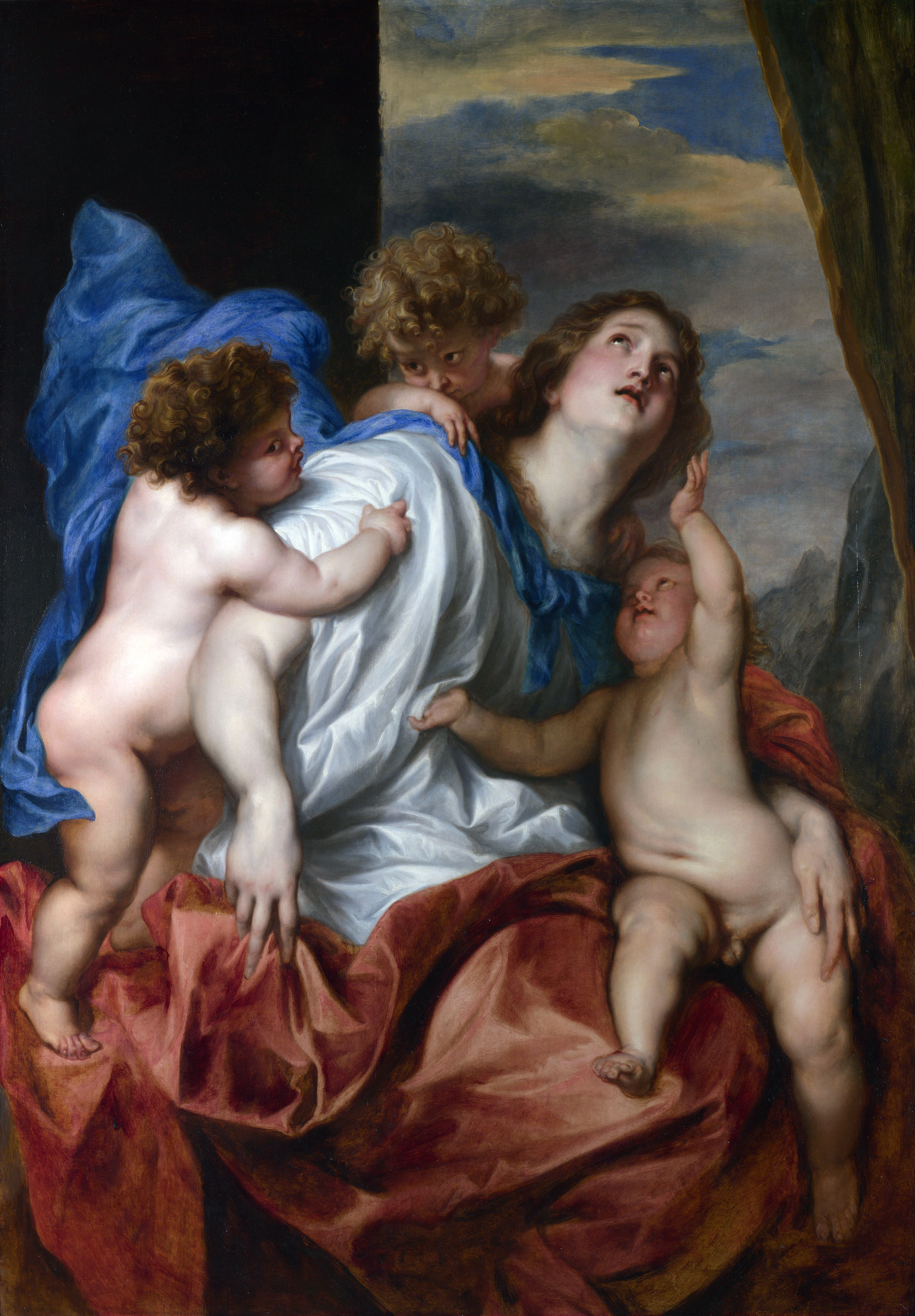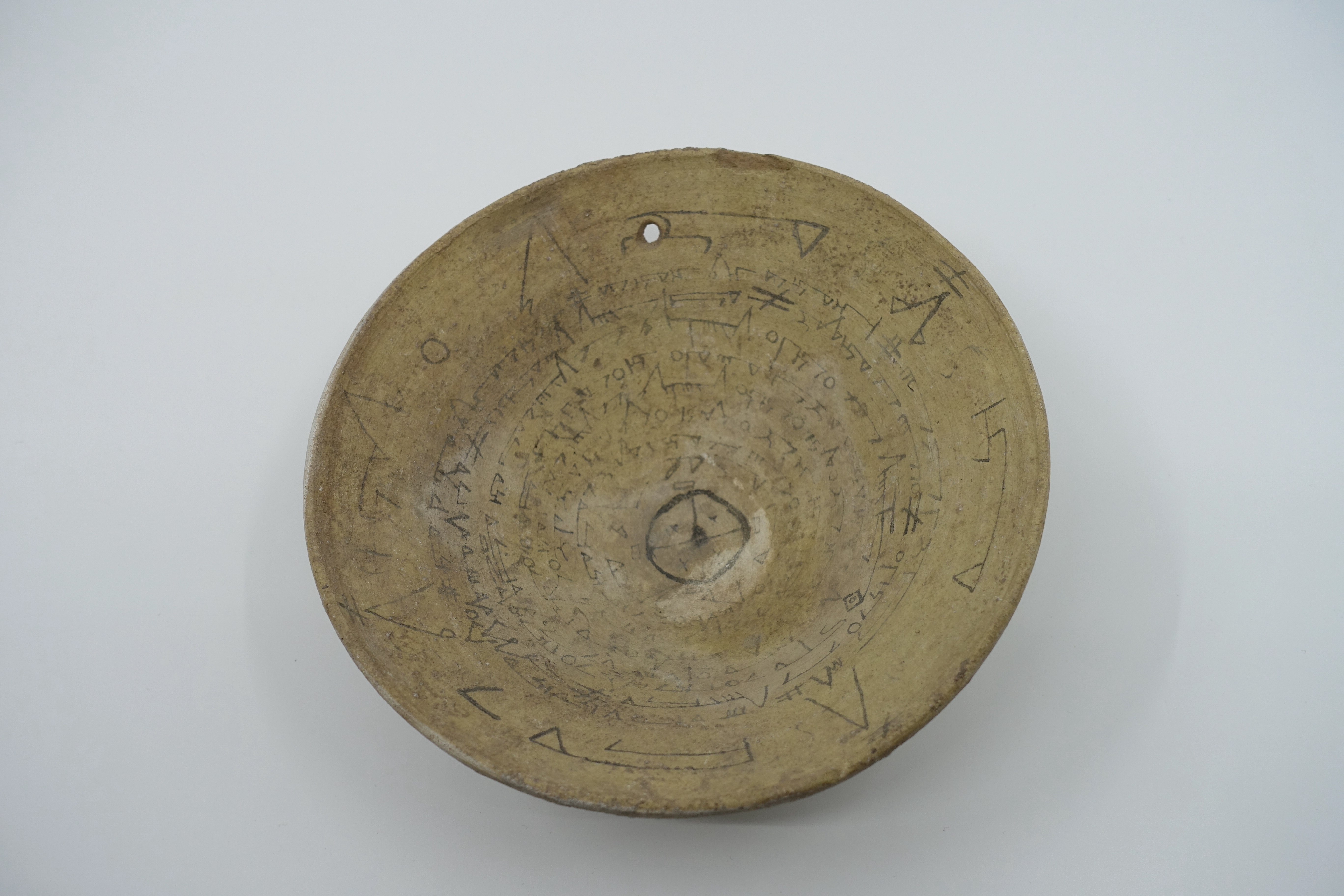|
Zidqa
In Mandaeism, zidqa ( myz, ࡆࡉࡃࡒࡀ) refers to alms or almsgiving.Drower, Ethel Stefana. 1937. ''The Mandaeans of Iraq and Iran''. Oxford At The Clarendon Press. Mandaean priests receive regular financial contributions from laypeople, since priesthood is typically a full-time occupation. Zidqa is also offered to the poor and needy. Other uses The Mandaic term '' zidqa brika'' (literally "blessed oblation") refers to a ritual meal blessed by priests. An early self-appellation for Mandaeans is ''bhiri zidqa'', meaning 'elect of righteousness'. See also * Charity (Christian virtue) * Zakat in Islam * Sadaqah in Islam (Arabic cognate) * Tzedakah in Judaism (Hebrew cognate) *Dāna Dāna (Devanagari: दान, IAST: Dānam) is a Sanskrit and Pali word that connotes the virtue of generosity, charity or giving of alms in Indian philosophies. In Hinduism, Buddhism, Jainism, and Sikhism, dāna is the practice of cu ... in Hinduism References Alms Mandaeism ... [...More Info...] [...Related Items...] OR: [Wikipedia] [Google] [Baidu] |
Zidqa Brika
In Mandaeism, the zidqa brika (or ''zidqa brikha''; myz, ࡆࡉࡃࡒࡀ ࡁࡓࡉࡊࡀ, lit=blessed oblation) is a type of ritual meal blessed by Mandaean priests.Segelberg, Eric. 1977. "''Zidqa Brika'' and the Mandæan Problem. In ''Proceedings of the International Colloquium on Gnosticism.'' Ed. Geo Widengren and David Hellholm. Stockholm. ''Zidqa'' means oblation and can also mean alms, while ''brika'' means blessed.Drower, Ethel Stefana. 1937. ''The Mandaeans of Iraq and Iran''. Oxford At The Clarendon Press. The zidqa brika is offered and eaten at the end of tarmida (junior priest) initiation ceremonies, after the novice's 60-day seclusion period. It is also offered during the Parwanaya festival. It is distinct from the ''lofani'' and ''dukrana'', which are two other types of ritual meal offered for the dead. Prayers In E. S. Drower's version of the '' Qolasta'', prayers 348-374 are for the zidqa brika. Prayers 375-381 are blessings recited after the zidqa brika. See a ... [...More Info...] [...Related Items...] OR: [Wikipedia] [Google] [Baidu] |
Mandaeism
Mandaeism ( Classical Mandaic: ࡌࡀࡍࡃࡀࡉࡉࡀ ; Arabic: المندائيّة ), sometimes also known as Nasoraeanism or Sabianism, is a Gnostic, monotheistic and ethnic religion. Its adherents, the Mandaeans, revere Adam, Abel, Seth, Enos, Noah, Shem, Aram, Jesus and especially John the Baptist. Mandaeans consider Adam, Seth, Noah, Shem and John the Baptist prophets with Adam being the founder of the religion and John being the greatest and final prophet. The Mandaeans speak an Eastern Aramaic language known as Mandaic. The name 'Mandaean' comes from the Aramaic '' manda'', meaning knowledge. Within the Middle East, but outside their community, the Mandaeans are more commonly known as the (singular: ), or as Sabians (, ). The term is derived from an Aramaic root related to baptism. The term Sabians derives from the mysterious religious group mentioned three times in the Quran alongside the Jews, the Christians and the Zoroastrians as a ' People of the ... [...More Info...] [...Related Items...] OR: [Wikipedia] [Google] [Baidu] |
Alms
Alms (, ) are money, food, or other material goods donated to people living in poverty. Providing alms is often considered an act of virtue or charity. The act of providing alms is called almsgiving, and it is a widespread practice in a number of different religions and cultures. Etymology The word ''alms'' comes from the Old English ', ', which comes from Late Latin ', from Greek ' ("pity, alms"), from , ' ("merciful"), from , ', meaning "pity or mercy". Buddhism ''Dāna'' in Buddhism In Buddhism, both "almsgiving" and "giving" are called "dāna" (Pāli). Such giving is one of the three elements of the path of practice as formulated by the Buddha for laypeople. This path of practice for laypeople is dāna, sīla, and bhāvanā. Generosity towards other sentient beings is also emphasized in Mahayana as one of the perfections ( paramita). As shown in Lama Tsong Khapa's 'The Abbreviated Points of the Graded Path' (): The giving of alms is the beginning of one's ... [...More Info...] [...Related Items...] OR: [Wikipedia] [Google] [Baidu] |
Almsgiving
Alms (, ) are money, food, or other material goods donated to people living in poverty. Providing alms is often considered an act of virtue or charity. The act of providing alms is called almsgiving, and it is a widespread practice in a number of different religions and cultures. Etymology The word ''alms'' comes from the Old English ', ', which comes from Late Latin ', from Greek ' ("pity, alms"), from , ' ("merciful"), from , ', meaning "pity or mercy". Buddhism ''Dāna'' in Buddhism In Buddhism, both "almsgiving" and "giving" are called " dāna" (Pāli). Such giving is one of the three elements of the path of practice as formulated by the Buddha for laypeople. This path of practice for laypeople is dāna, sīla, and bhāvanā. Generosity towards other sentient beings is also emphasized in Mahayana as one of the perfections ( paramita). As shown in Lama Tsong Khapa's 'The Abbreviated Points of the Graded Path' (): The giving of alms is the beginning of o ... [...More Info...] [...Related Items...] OR: [Wikipedia] [Google] [Baidu] |
Alms
Alms (, ) are money, food, or other material goods donated to people living in poverty. Providing alms is often considered an act of virtue or charity. The act of providing alms is called almsgiving, and it is a widespread practice in a number of different religions and cultures. Etymology The word ''alms'' comes from the Old English ', ', which comes from Late Latin ', from Greek ' ("pity, alms"), from , ' ("merciful"), from , ', meaning "pity or mercy". Buddhism ''Dāna'' in Buddhism In Buddhism, both "almsgiving" and "giving" are called "dāna" (Pāli). Such giving is one of the three elements of the path of practice as formulated by the Buddha for laypeople. This path of practice for laypeople is dāna, sīla, and bhāvanā. Generosity towards other sentient beings is also emphasized in Mahayana as one of the perfections ( paramita). As shown in Lama Tsong Khapa's 'The Abbreviated Points of the Graded Path' (): The giving of alms is the beginning of one's ... [...More Info...] [...Related Items...] OR: [Wikipedia] [Google] [Baidu] |
Charity (Christian Virtue)
In Christian theology, charity (Latin: ''caritas'') is considered one of the seven virtues and is understood by Thomas Aquinas as "the friendship of man for God", which "unites us to God". He holds it as "the most excellent of the virtues". Further, Aquinas holds that "the habit of charity extends not only to the love of God, but also to the love of our neighbor". The Catechism of the Catholic Church defines "charity" as "the theological virtue by which we love God above all things for His own sake, and our neighbor as ourselves for the love of God". Caritas: the altruistic love The phrase ''Deus caritas est'' from —or ''Θεὸς ἀγάπη ἐστίν'' (Theos agapē estin) in the original Greek is translated in the King James Version as: "God is love", and in the Douay-Rheims bible as: "God is charity" (). Thomas Aquinas does not simply equate charity with "love", which he holds as a passion, not a virtue. The King James Version uses both the words ''charity'' and ''l ... [...More Info...] [...Related Items...] OR: [Wikipedia] [Google] [Baidu] |
Zakat
Zakat ( ar, زكاة; , "that which purifies", also Zakat al-mal , "zakat on wealth", or Zakah) is a form of almsgiving, often collected by the Muslim Ummah. It is considered in Islam as a religious obligation, and by Quranic ranking, is next after prayer ('' salat'') in importance. As one of the Five Pillars of Islam, zakat is a religious duty for all Muslims who meet the necessary criteria of wealth to help the needy. It is a mandatory charitable contribution, often considered to be a tax.Muḥammad ibn al-Ḥasan Ṭūsī (2010), ''Concise Description of Islamic Law and Legal Opinions'', , pp. 131–135. The payment and disputes on zakat have played a major role in the history of Islam, notably during the Ridda wars. Zakat on wealth is based on the value of all of one's possessions. It is customarily 2.5% (or ) of a Muslim's total savings and wealth above a minimum amount known as ''nisab'' each lunar year, but Islamic scholars differ on how much ''nisab'' is and oth ... [...More Info...] [...Related Items...] OR: [Wikipedia] [Google] [Baidu] |
Sadaqah
or Sadqah ( ar, صدقة , "charity", "benevolence", plural ' ) in the modern context has come to signify "voluntary charity". According to the Quran, the word means voluntary offering, whose amount is at the will of the "benefactor". Etymology and meaning 'Sadaqah' literally means 'righteousness' and refers to the voluntary giving of alms or charity. In Islamic terminology, sadaqah has been defined as an act of "giving something...without seeking a substitute in return and with the intention of pleasing Allah." Meanwhile, according to Ar-Rageeb al-Asfahaani “Sadaqa is what the person gives from what he possesses, like Zakat, hoping to get closer to Allah." The term 'sadaqah' stems from the Arabic root word ‘sidq’ (s-d-q) , which means sincerity and it is considered as a sign of sincere faith. The three-letter root of this word, S-D-Q, also means, "to speak the truth," "to be sincere," and "to fulfill one's promise." All of these aspects of honorable behavior indicate t ... [...More Info...] [...Related Items...] OR: [Wikipedia] [Google] [Baidu] |
Tzedakah
''Tzedakah'' or ''Ṣedaqah'' ( he, צדקה ) is a Hebrew word meaning "righteousness", but commonly used to signify '' charity''. This concept of "charity" differs from the modern Western understanding of "charity". The latter is typically understood as a spontaneous act of goodwill and a marker of generosity; ''tzedakah'' is an ethical obligation. ''Tzedakah'' (Tzedaka) refers to the religious obligation to do what is right and just, which Judaism emphasizes as an important part of living a spiritual life. Unlike voluntary philanthropy, ''tzedakah'' is seen as a religious obligation that must be performed regardless of one's financial standing, and so is mandatory even for those of limited financial means. ''Tzedakah'' is considered to be one of the three main acts that can positively influence an unfavorable heavenly decree. The word ''tzedakah'' is based on the Hebrew (, ''Tzedeq''), meaning '' righteousness'', '' fairness,'' or ''justice'', and is related to the Hebrew ... [...More Info...] [...Related Items...] OR: [Wikipedia] [Google] [Baidu] |
Dāna
Dāna (Devanagari: दान, IAST: Dānam) is a Sanskrit and Pali word that connotes the virtue of generosity, charity or giving of alms in Indian philosophies. In Hinduism, Buddhism, Jainism, and Sikhism, dāna is the practice of cultivating generosity. It can take the form of giving to an individual in distress or need. It can also take the form of philanthropic public projects that empower and help many. Dāna is an ancient practice in Indian traditions, tracing back to Vedic traditions.Shah et al (2013), Soulful Corporations: A Values-Based Perspective on Corporate Social Responsibility, Springer, , page 125, Quote: "The concept of Daana (charity) dates back to the Vedic period. The Rig Veda enjoins charity as a duty and responsibility of every citizen." Hinduism Dāna (Sanskrit: दान) means giving, often in the context of donation and charity. [...More Info...] [...Related Items...] OR: [Wikipedia] [Google] [Baidu] |
Mandaean Priest
A Mandaean priest or ''Rabbi'' refers to an ordained religious leader in Mandaeism. Overview All priests must undergo lengthy ordination ceremonies, beginning with tarmida initiation. Mandaean religious leaders and copyists of religious texts hold the title ''Rabbi'' or in Arabic 'Sheikh'. All Mandaean communities traditionally require the presence of a priest, since priests are required to officiate over all important religious rituals, including masbuta, masiqta, birth and wedding ceremonies. Priests also serve as teachers, scribes, and community leaders. Unfortunately, many Mandaean diaspora communities do not have easy access to priests. Names In Mandaean scriptures, priests are referred to as ''Naṣuraiia'' ( myz, ࡍࡀࡑࡅࡓࡀࡉࡉࡀ, lit= Naṣoraeans) or occasionally as ''Tarmiduta''. On the other hand, laypeople are referred to as ''Mandaiia'' ( myz, ࡌࡀࡍࡃࡀࡉࡉࡀ, lit=Gnostics, Knowers, Enlightened Ones). ''Naṣuraiia'' are considered to have ''na� ... [...More Info...] [...Related Items...] OR: [Wikipedia] [Google] [Baidu] |
Mandaic Language
Mandaic is a southeastern Aramaic variety in use by the Mandaean community, traditionally based in southern parts of Iraq and southwest Iran, for their religious books. Classical Mandaic is still employed by Mandaean priests in liturgical rites. The modern descendant of Classical Mandaic, known as Neo-Mandaic or Modern Mandaic, is spoken by a small section of Mandaeans around Ahvaz and Khorramshahr in the southern Iranian Khuzestan province. Liturgical use of Classical Mandaic is found in Iran (particularly the southern portions of the country), in Baghdad, Iraq and in the diaspora (particularly in the United States, Sweden, Australia and Germany). It is an Eastern Aramaic language notable for its abundant use of vowel letters (''mater lectionis'' with ''aleph'', ''he'' only in final position, ''‘ayin'', ''waw'', ''yud'')) in writing, so-called ''plene'' spelling ( Mandaic alphabet) and the amount of Iranian and AkkadianStephen A. Kaufman, ''The Akkadian Influences on Arama ... [...More Info...] [...Related Items...] OR: [Wikipedia] [Google] [Baidu] |








.jpg)
